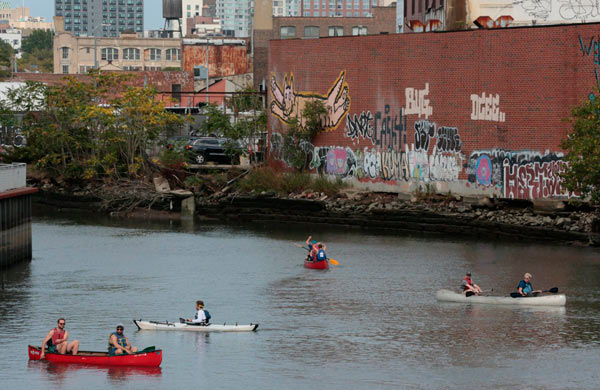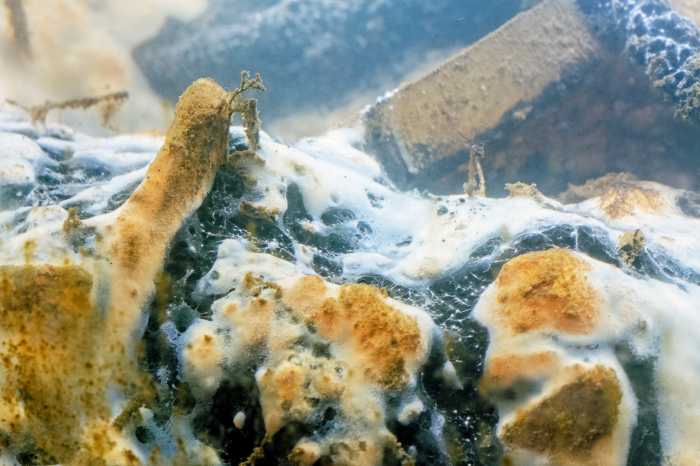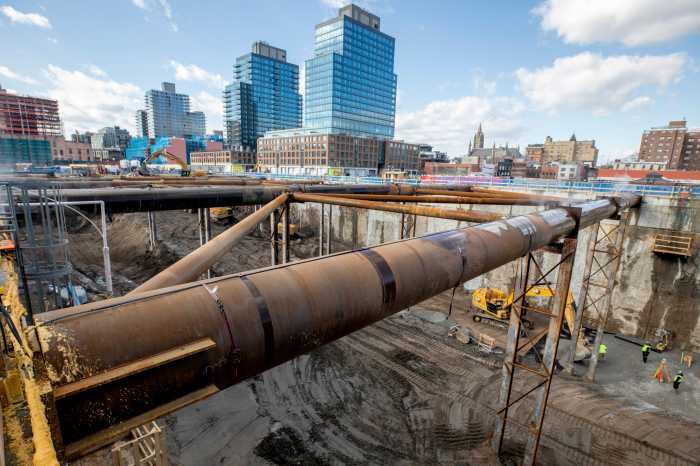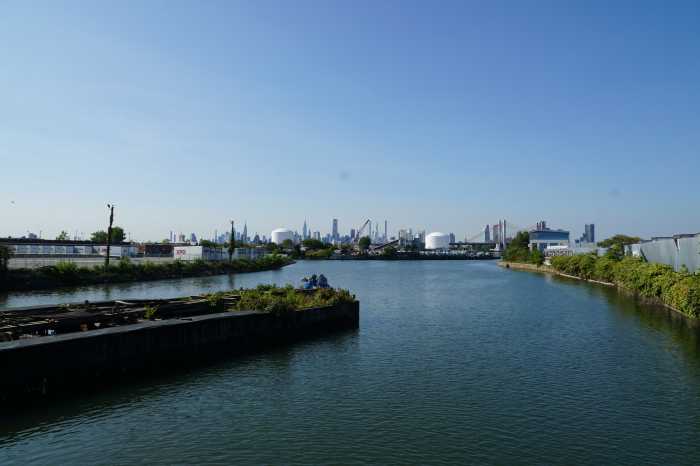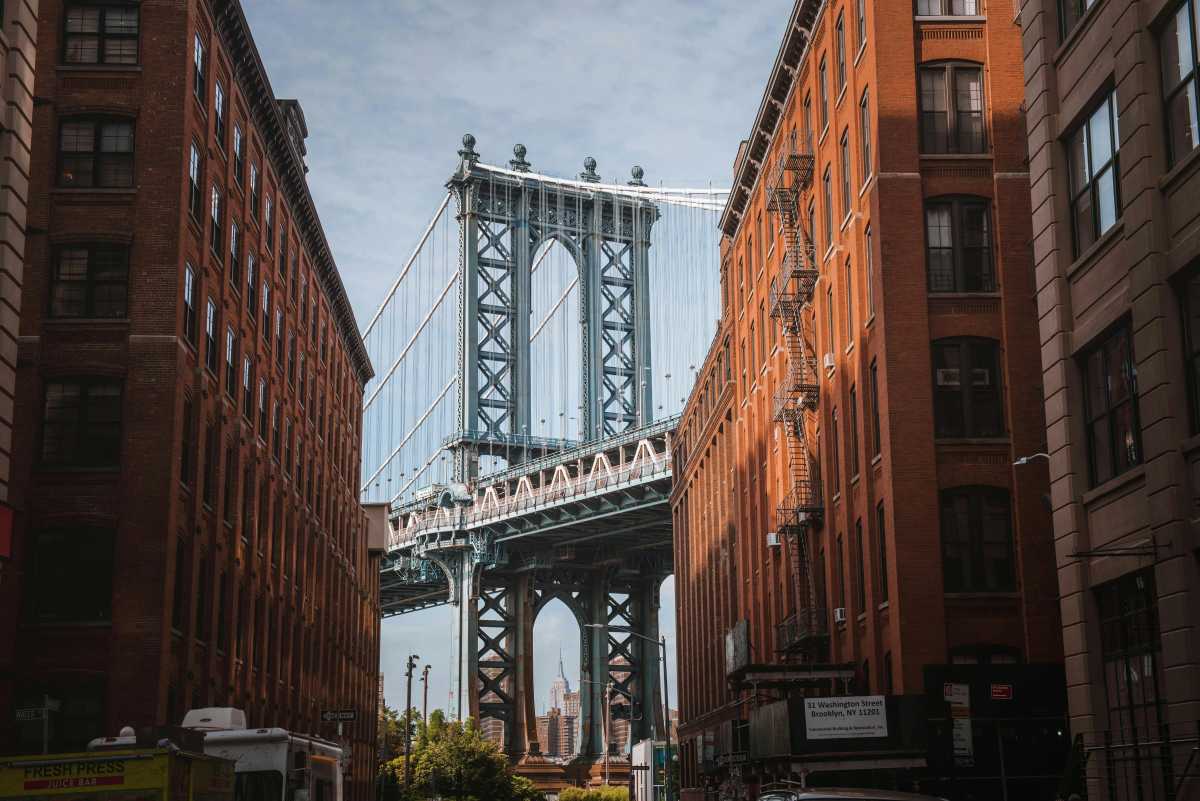The change in classification would bring the canal on par with the East River, and will become increasingly necessary as a massive rezoning for the surrounding neighborhood moves forward, according to the water steward.
“Obviously the proposed rezoning is bringing a lot of new residents and people to the waterfront and we are going to have a greater need to ensure public safety,” said Motzny, who also works for the Gowanus Canal Conservancy.
The watchdog group plans to send a formal request in writing to the director of the DEC’s division of water, Mark Klotz, before the end of the year.
This isn’t the first time that Gowanusaurs have advocated for a cleaner designation of their local waterway — as they have been pushing the change since before the US Environmental Protection Agency designated it a Superfund site in 2010.
Government bureaucrats, however, have thus far been unresponsive to their repeated requests over the years, according to one member of the watchdog group.
“This is not our first effort in this area,” said Diane Buxbaum. “Never once have we gotten a response, a single response, either written or any type of communication.”
A spokesman for the state agency said they would look at the petition once it arrives at their desks.
“DEC will conduct a thorough review of any such request and make a determination that is protective of public health and the environment,” said Rodney Rivera in an emailed statement.


